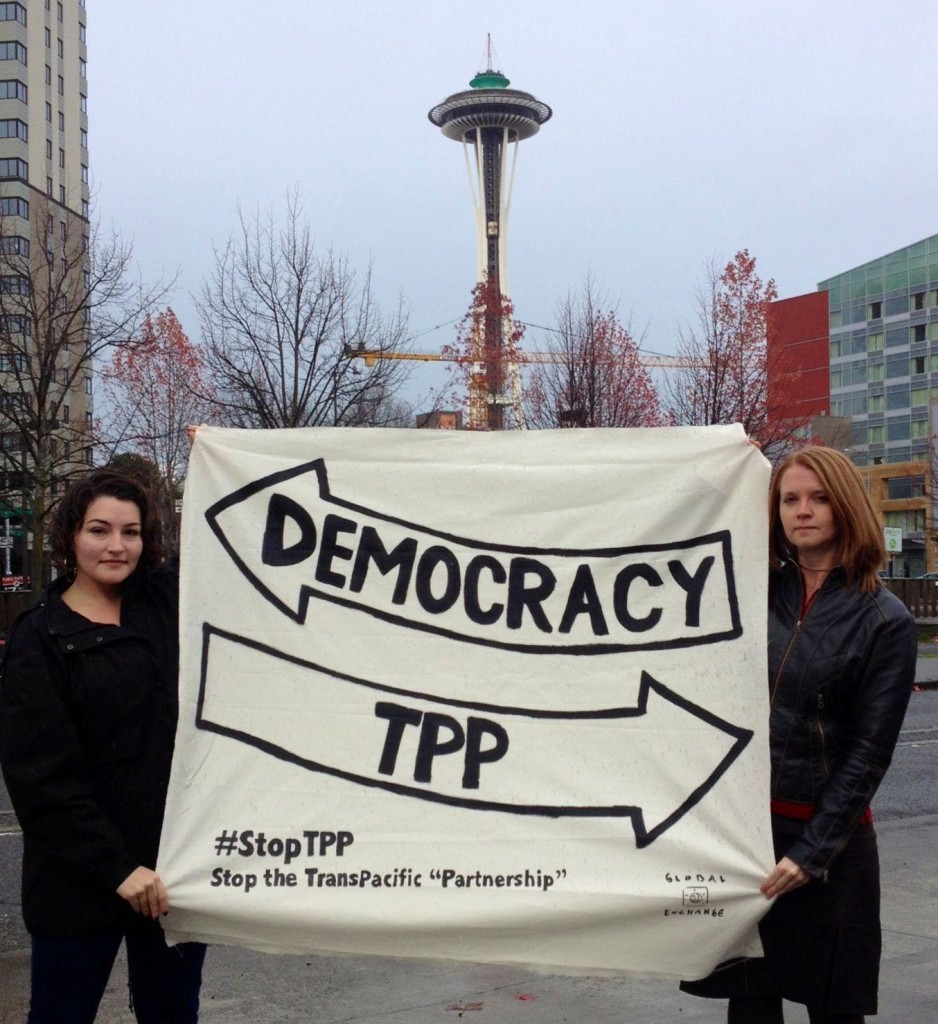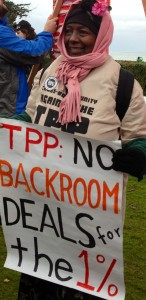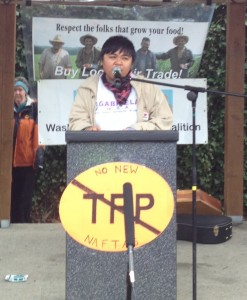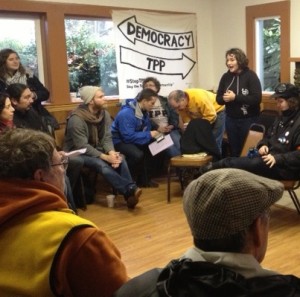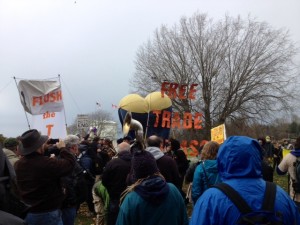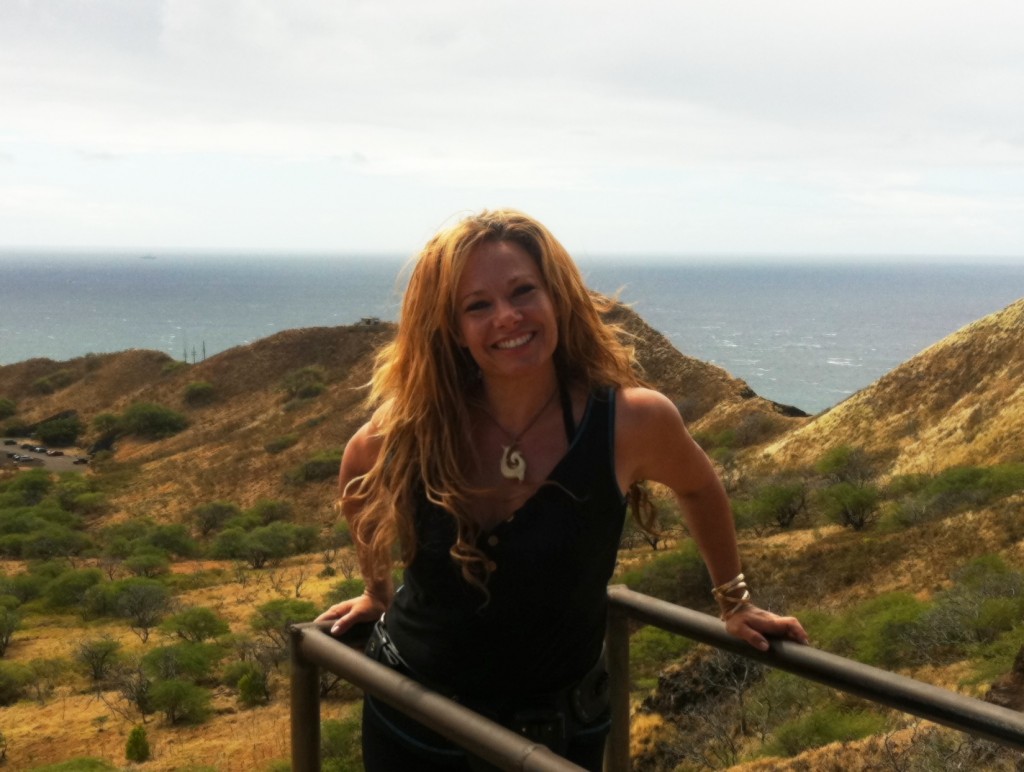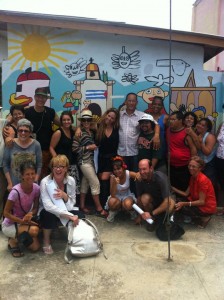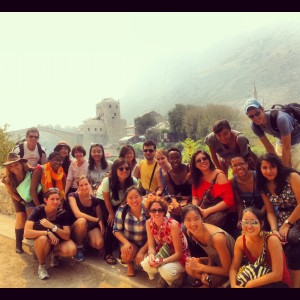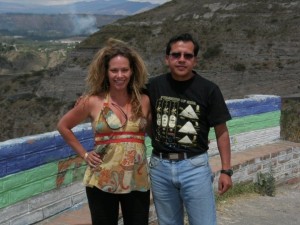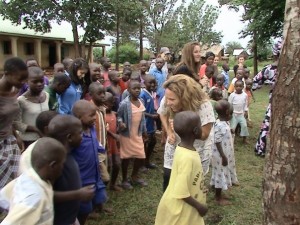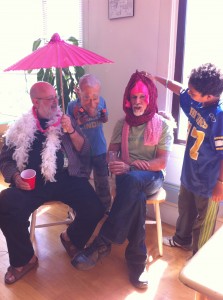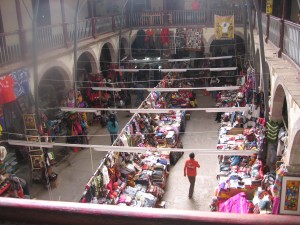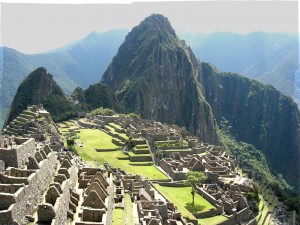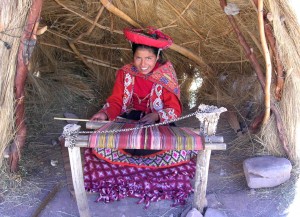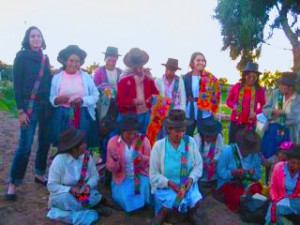We, the members of the International Mission of Human Rights Observation and Defense, which includes the organizations which have signed on below, issue this emergency call to national and international public opinion and civil society, and assert and demand the following:
- The political and institutional crisis which is unfolding in Perú is one of the gravest ones in its history as a republic. Its current stage began with the removal from office and detention of former President Pedro Castillo on December 7, 2022, which installed the current illegitimate régime headed by Dina Boluarte and her cabinet;
- The interim government’s negation of the people’s will is reflected in the imposition of states of emergency which violate fundamental rights, and reliance on violence as a mechanism of repression that has especially targeted Peru’s Andean indigenous and campesino communities in the country’s most marginalized regions in the south, north, and in Lima, resulting in the more than 72 deaths and hundreds injured and unjustly detained. Impunity for these state human rights crimes has been the prevailing rule and has impeded their investigation through measures that include the centralization of case files, which undermines regional prosecutions;
- The principal current demands of the Peruvian people include: closure of congress, new elections, the convening of a constituent assembly to approve a new constitution, the resignation of Boluarte and her cabinet, and immediate freedom for former President Pedro Castillo;
- Despite the violence and repression which has resulted in hundreds of people arbitrarily killed, injured, detained, and disappeared due to abuses by state military, and police authorities, impunity continues to prevail, without a single sentence imposed upon those responsible, disregarding the convergent, well documented reports and recommendations issued the UN, Inter-American Commission on Human Rights, Amnesty International, Human Rights Watch, and international missions.
- Peru’s popular movements have designated July 19th as the target date for the third “taking of Lima”, which has been convened by the families of victims of repression from throughout the country, human rights activists, and students seeking to exercise their internationally and nationally recognized rights to freedom of assembly, expression, and social protest;
- The interim government must cease its efforts to stigmatize and criminalize the popular exercise of these rights through processes of intimidation that include what is understood historically in Perú as the methdologies of “terruqueo” (labeling of dissidents as supposed “terrorists”);
- We denounce and reject the authoritarian and repressive rhetoric and actions of the interim government headed by Dina Boluarte and the president of the Council of Ministers, which put the country’s most vulnerable sectors and especially its indigenous peoples and communities in danger of renewed repression;
- We also denounce the presence of U.S troops on Peruvian territory which is intended to protect the economic interests of extractivist corporations and industries such as mining and oil, and which have intensified the country’s prevailing climate of social intimidation and repression.
We demand an end to the concerted campaign of intimidation, disinformation and social panic which seeks to associate the “taking of Lima” with ostensibly terrorist organizations such as Shining Path, and urgently call for the international community to be alert to prevent the recurrence of new crimes against humanity and continued impunity in Perú.
SIGNATURES
International Tribunal of Conscience of Peoples in Movement (ITCPM) (México)
CESJUL (Centro de Estudios Socio Jurídicos Latinoamericanos – Colombia)
Grupo de Trabajo (GT) “Fronteras, Regionalización y Globalización” del Consejo Latinoamericano de Ciencias Sociales (CLACSO)
National Lawyers Guild (San Francisco Bay Area chapter) (USA)
Global Exchange (USA)
Instituto Ambientalista Natura (Perú)
Comité de Solidaridad con Perú (México)
American Association of Jurists (AAJ)
International Association of Democratic Lawyers (IADL)
International Association of People’s Lawyers (IAPL)
Haldane Society of Socialist Lawyers (UK)
Progressive Lawyers of Turkey (CHD)
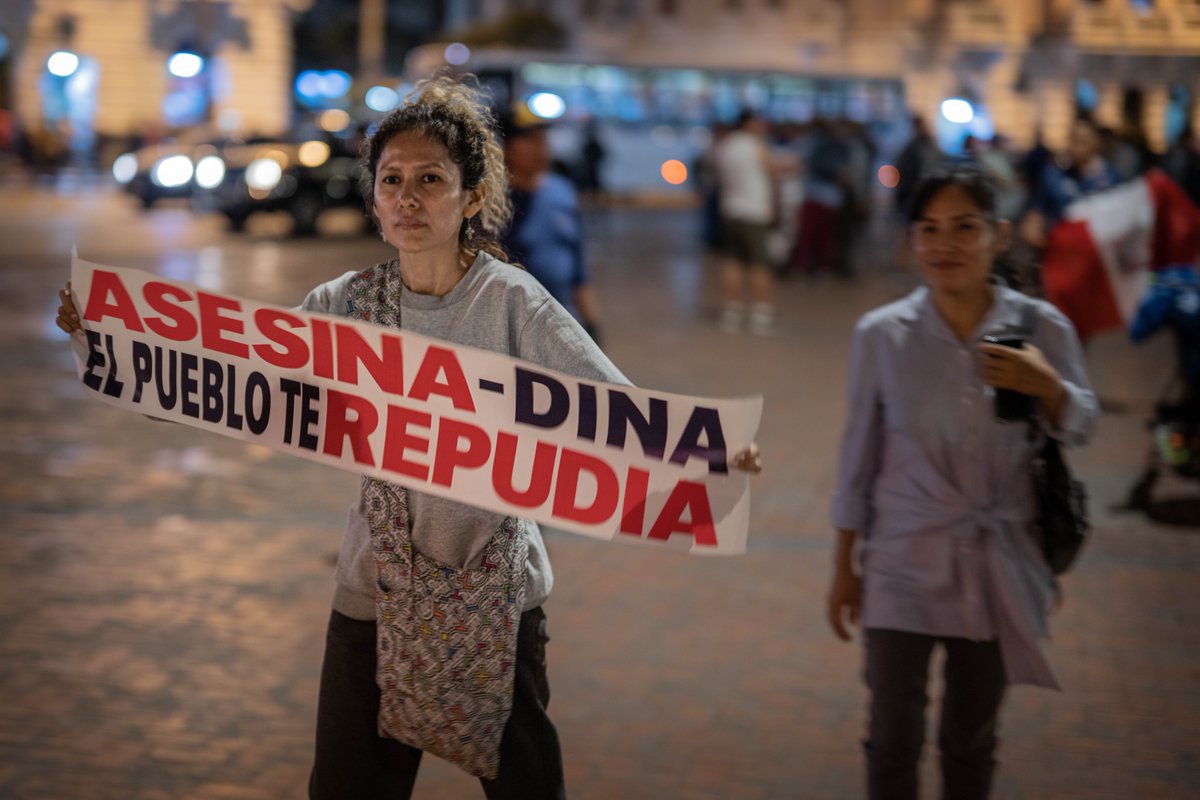
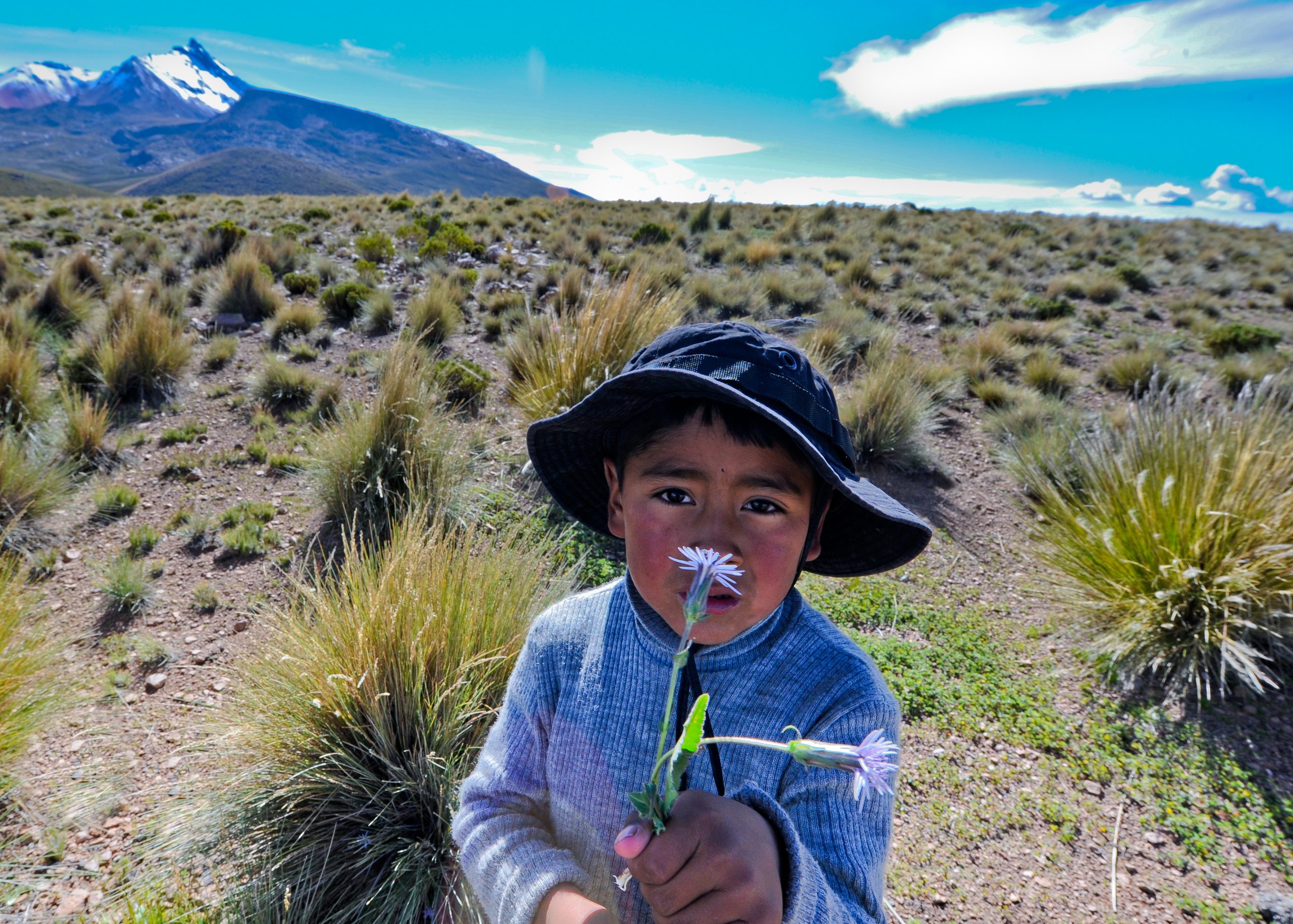

.jpg)
.jpg)
.jpg)
.jpg)





 TAKE ACTION!
TAKE ACTION!